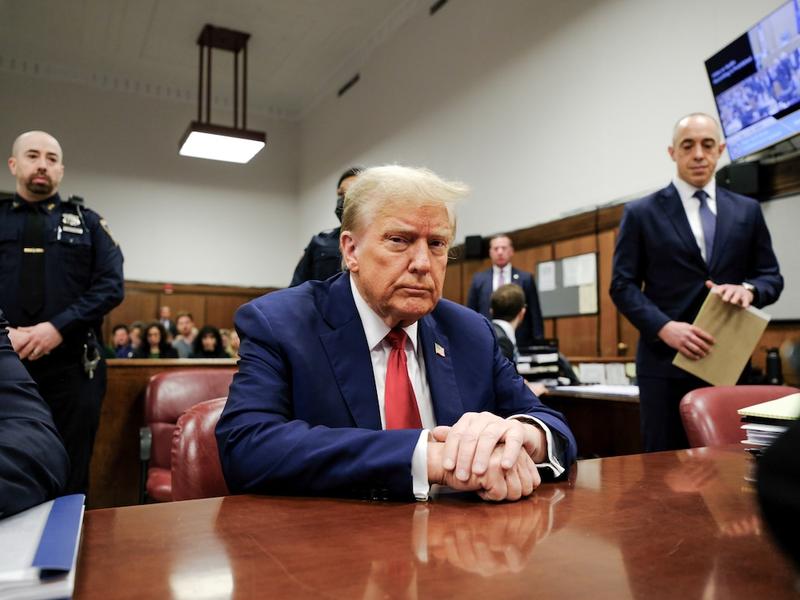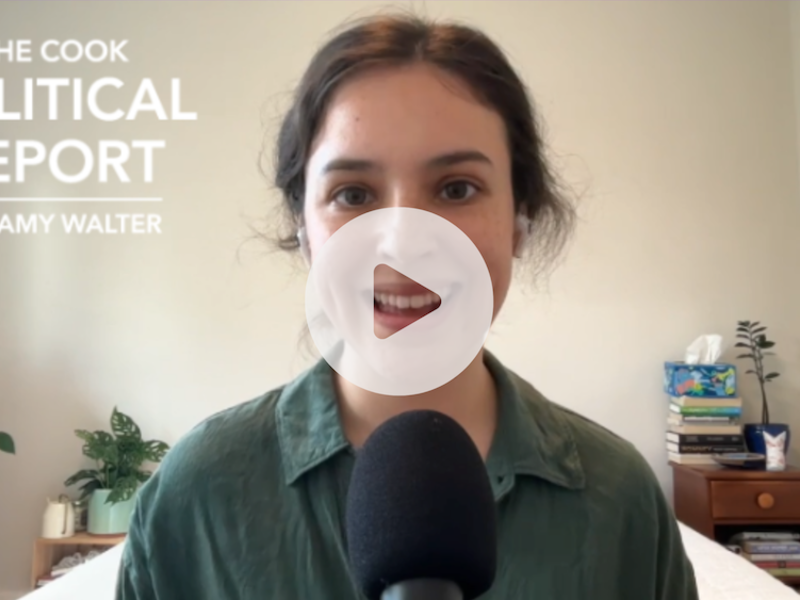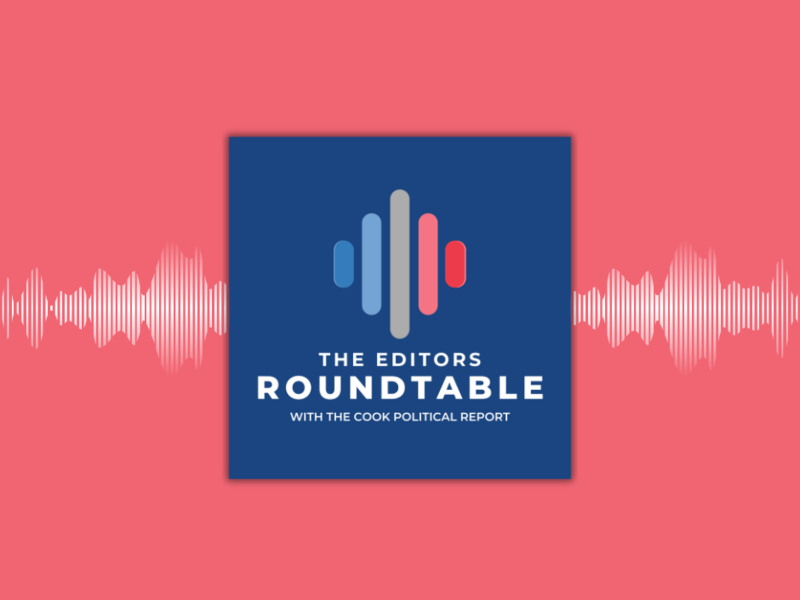
When I first got involved in politics in the 1970s, we had 24-hour news cycles. Today they’re more like 24 minutes, if that. Cable television and news alerts now on our phones have transformed what was a steady trickle of headlines into a fire hose of news and, increasingly, opinion. That has only intensified in this era of President Trump. With this acceleration, people have come to expect every event to affect the trajectory of campaigns, to seek the immediate gratification of real-time political analysis.
The fact is, there is so much going on now that in the big scheme of things, individual events seem to mean less and less. Think of the thousands of data points that people have related to Trump, positive or negative. Events that in the past would likely have had a major effect on a president or other political figure seem to have little perceptible influence.
While many this week are glued to their television sets, I’d argue that the course of this campaign may be affected very little by everything that is going on in terms of the Supreme Court nomination of Judge Brett Kavanaugh. Yes, ruby-red state Democratic senators up for reelection need to be careful, but that was already the case.
The 2018 midterm election is more about Trump; almost all midterm elections are referenda on the president. Some voters like Trump, what he says and does, and/or they agree with his agenda and with the Republican congressional majorities that have advanced much of that agenda. Others hate him and find his actions deeply offensive. Opinions about Trump and his policies were formed long ago and have changed little in recent months, which is why his job-approval ratings are very stable—low, but stable. If Trump were a stock, you would say that he has a very narrow trading range.
This cake is more or less baked. It’s not that every individual election outcome is set; that’s absurd, there are a lot of very close races. But for the trajectory of this midterm election to change, it would take a massive event that fundamentally changes how people see Trump and one or both political parties. That is unlikely to happen. It’s virtually certain that Republicans will lose and Democrats will gain seats in the House, the same in terms of the three-quarters of our nation’s governorships and four-fifths of state legislative seats that are up this year. The question for each of these is the degree of the Democratic gains and Republican losses, not the direction of this election. How bad will it be for the GOP: Will their House losses be more or less than 30? Will Republican net gubernatorial losses be closer to four or five, or to eight or nine? Will Republican state legislative losses be closer to 400 or to 600? The outcome of a lot of close races will determine that.
All of this is absolutely not true with the Senate, where it is unclear which party will gain any seats at all. We simply do not know, as there are roughly 10 Senate races that are too close to call. I had been saying that we could see three-quarters of a billion dollars spent on Senate races this cycle with no net change whatsoever, but Jennifer Duffy, The Cook Political Report’s real expert on Senate races, says that $1 billion is closer to the mark.
But how many people are really undecided about the accusations against Kavanaugh? It seems that nearly everyone has an opinion on who they believe is telling the truth, Kavanaugh or his accusers. Note that I didn’t say everyone has an opinion—I’ve never met him or any of the women involved, and I wasn’t at any of the parties involved, and I have no earthly idea who is telling the truth—but frankly, I have encountered few people that haven’t chosen up sides. And not so remarkably, those sides correspond with which side of the partisan and ideological fence one is on.
Sure, Thursday’s testimony will or could affect a few people in the middle, and there are a lot of very close races. One side becoming more energized or demoralized is possible, but we won’t know that for sure until after the election and maybe not even then, though many will feel certain they know.
Fundamentally, this election still comes down to one’s view of Trump and how Republicans in the congressional majorities have done. Out in the states, in many of the governorships and legislatures, it will come down to the role of government, whether taxes are too high or spending too low, about teacher pay and Medicaid expansion. Don’t expect this week’s events to make a fundamental difference. They likely won’t
This story was originally published on nationaljournal.com on September 28, 2018









Subscribe Today
Our subscribers have first access to individual race pages for each House, Senate and Governors race, which will include race ratings (each race is rated on a seven-point scale) and a narrative analysis pertaining to that race.